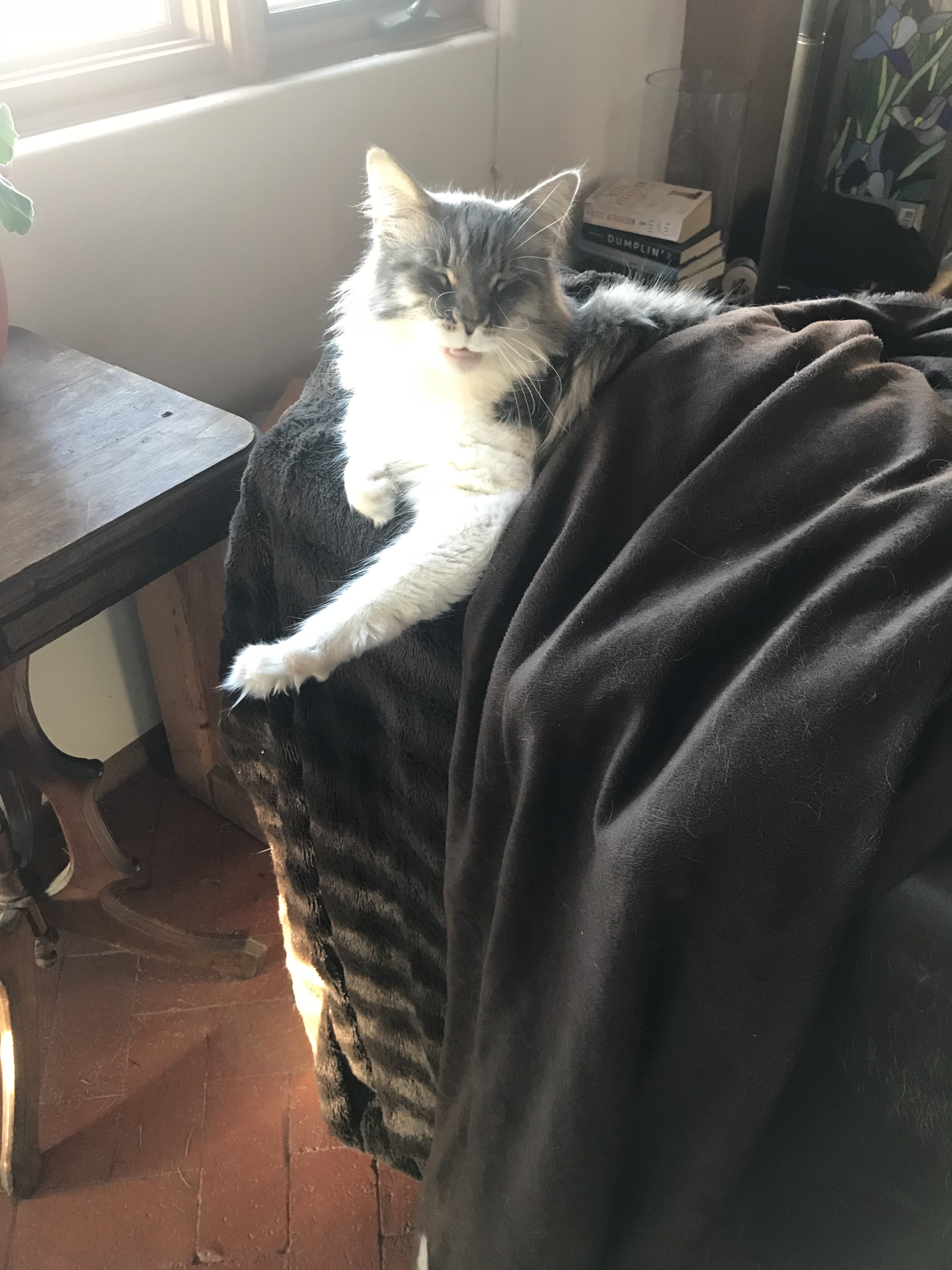
Our topic at the SFF Seven this week is writing emotion and whether you as the author have to feel the exact emotion you’re writing.
There’s this tale about acting that’s been making the rounds for ages – it’s possibly apocryphal – about Dustin Hoffman being a method actor. That method asks actors to find the emotions within themselves to play the character, to find essentially their alternate self who would be that person and feel that way. The story goes that Hoffman spent an hour getting into that character’s skin and Sir Laurence Olivier strolled in, did his bit, and left again, saying, “My dear boy, it’s called acting.”
The point of this (again, possibly apocryphal) tale is twofold: the first that you can create the appearance of emotion without feeling it, and the second that everyone does things their own way.
You all should know by now that my primary mantra is this: figure out what your process is and own it.
People like that story because they can smirk at poor Dustin Hoffman doing things the American way, the overly-complicated way, the fancy way, but… is he wrong? Hoffman has an amazing acting career. He’s widely acknowledged as a brilliant actor. Clearly his approach isn’t “wrong.”
Is Olivier wrong in this story? Clearly not, for the same reasons as above. There is no wrong. There is no right. Both things can be true. Both processes work for those performers.
So, do I have to feel the emotion I’m writing in order to put it on the page? Nope. Do I sometimes? Sure, though it depends. Do other writers need to feel the emotion to write it? I’ve heard they do.
And it’s all good. Both things can be true.


